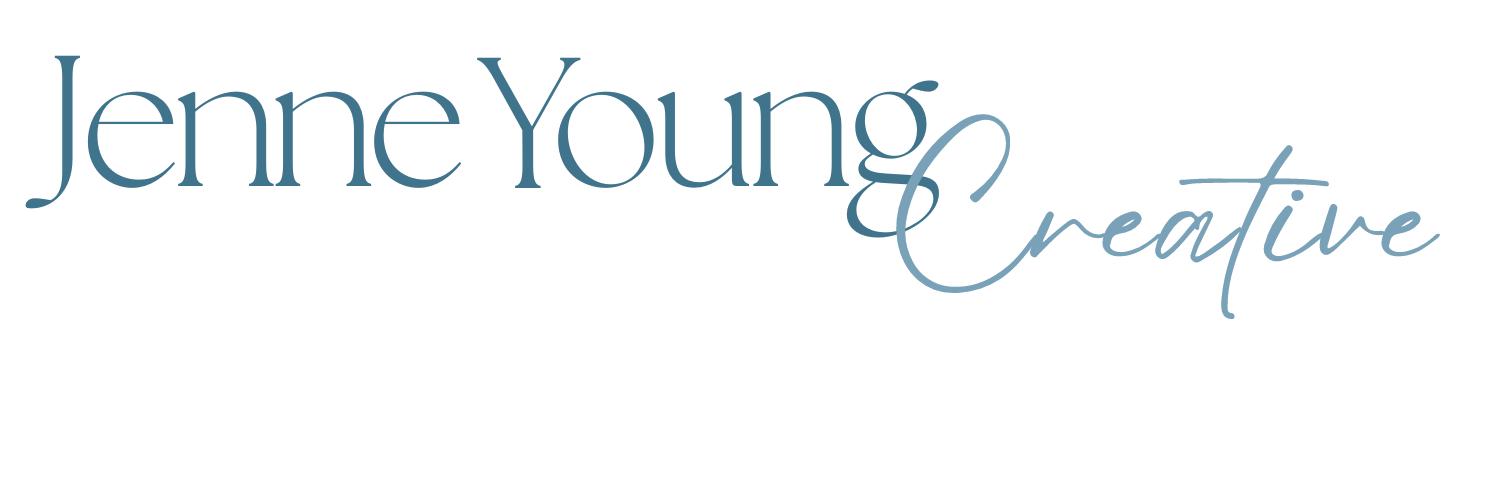Boost Your Health & Creativity with the Power of the Pen!
Writing reveals.
It is an act of discovery that supports personal growth, creativity, and physical wellbeing.
Writing reveals. It is an act of discovery that supports personal growth, creativity, and physical wellbeing. We write for many reasons: to tell our story—and in the act of telling, gain a deeper understanding. We write to explore our feelings, tease out ideas and articulate our vision. We write to release pain and frustration and to bring coherence to complex issues and trauma. Although the desire to write is centuries old, it is only in the last few decades that we have begun to understand the physical, emotional, and mental benefits of writing.
Research supports writing as a tool to support wellbeing
In 1983, James Pennebaker, Ph.D., began studying the effects of expressive or reflective writing. What he and subsequent researchers have found is that writing about traumatic, stressful, or emotional events results in improvements in both physical and psychological health.
Starting your own business can be incredibly rewarding and extremely stressful. Writing offers a simple, accessible way to care for yourself while helping clarify your feelings and goals and brainstorm solutions.
Some of the specific benefits of expressive writing found in research studies include:
Fewer stress-related visits to the doctor (this become more critical when you realize that 80% of doctor visits are stress related)
Improved immune system functioning
Reduced blood pressure
Improved lung function
Improved kidney function
Improved mood
Feeling of greater psychological wellbeing
Reduced depressive symptoms.
Improved memory
In 2007, Chad Burton and Laura Kin published a study that showed “health benefits follow from just two minutes of written expression.”
These studies help to put writing in a new light in the medical communities, and we are seeing writing programs being offered in hospitals, cancer clinics, and wellness centers. Science has confirmed what millions of journal writers have known in their hearts: when we put pen to paper and write our thoughts and feelings, it is good for us; it can help heal us and connect us back to ourselves. Prominent doctors such as Andrew Weil, Mark Hyman, and Dean Ornish recommend journaling as part of a healthy lifestyle.
The beautiful thing about writing is it can be done anywhere, requires little equipment (pen and paper or computer), and has no side effects.
Writing to support personal growth
n addition to improving our health, writing is a way of exploring who we are, our fears, hopes, and dreams, and provides access to our inner wisdom. When we write, we become explorers delving deep into our inner world, uniqueness, and humanity. When we approach the process with curiosity, courage, and openness, we emerge with a deeper understanding of our beliefs and needs, enabling us to live more mindfully and authentically. Having a writing practice provides a sacred time to explore, play, be creative, and dream.
As a business owner, expressive writing can help you manage stress, work through issues, and bust through the negative thoughts (or old stories) holding you back. Expressive writing differs from marketing or business writing in that you don’t have an objective or a narrative to follow. You are following the words and letting them reveal the story to you.
Writing prompts
There are times we know what we want to write about. Other times we may not know what to write. You may be tired of hearing yourself or feel overwhelmed by an issue or relationship and not know where to begin. This can be frustrating and one of the reasons many people stop writing. It is at these times when writing prompts can be extremely helpful. Writing prompts provide a starting point or springboard for your writing. They help you look at issues or relationships from a different perspective. You end up approaching what is on your mind through the back door. No matter what you write about, you will always find you are writing about yourself in some way, finding new insights and inspirations. Below are some prompts to try out when you are at a loss for words.
Stem sentences.
A “stem sentence” gives you the start of a sentence, and you finish it and then continue.
The most beautiful thing in my life right now is…
What lights me up is…
If I could not fail, I would…
If I had more time, I would…
What I fear is…
What I need in my life right now is…
What I am noticing is…
My next right action is…
What has been on my mind lately is…
Dialog.
Start a conversation with your inner guide or wisdom figure, a part of yourself, your body, an illness, or someone you want to forgive or seek forgiveness from. The key to this prompt is you write both parts. So, for example, you might start by asking a question to your older self and write their response.
Words.
Pick a random word, phrase, or color and start to write about it. Write down everything that comes to you about this word—images, feeling, landscapes, sounds,
Images.
If an image strikes you, be curious about why it stirs something in you. Write about it. Create a story around it.
Endnote
Writing does not have to take up hours of the day. You could do a quick 5-10 minute write several mornings a week. Try it with a beginner’s mind and experiment. How does it feel? How does it impact your day? And remember, no expectation or judgment. Forget spelling, punctuation, even if it makes sense. Just let the words flow and carry you along.
I would love to hear about your experience with expressive writing, so drop me a line at jenne@jenneyoung.com. Cheers!


